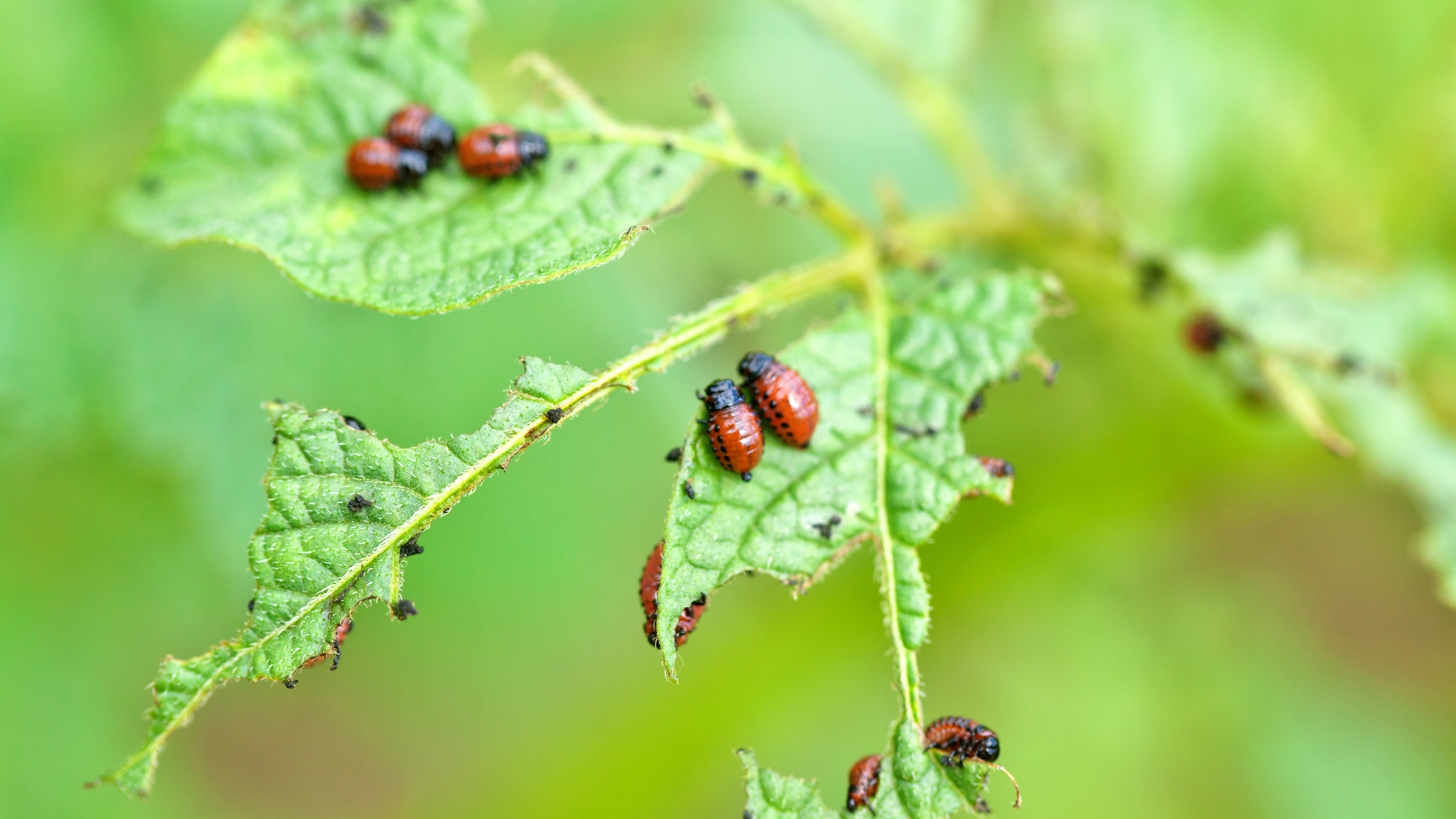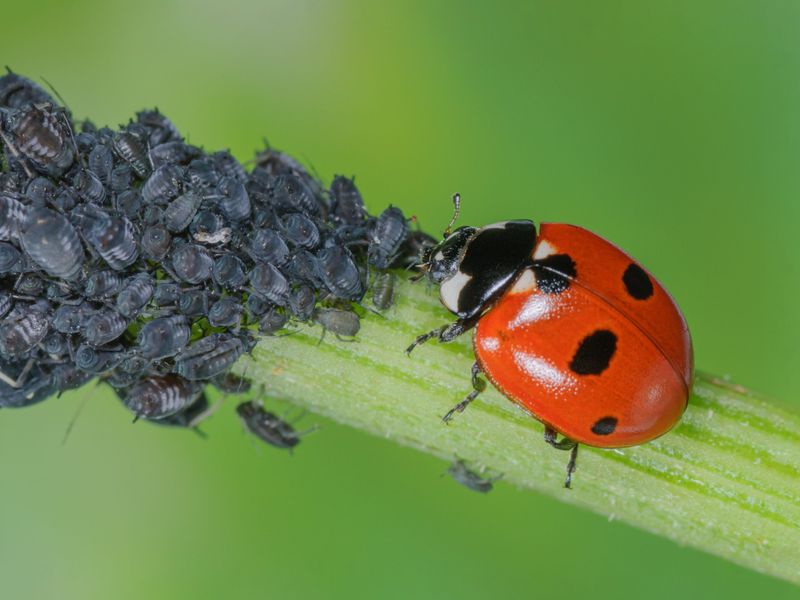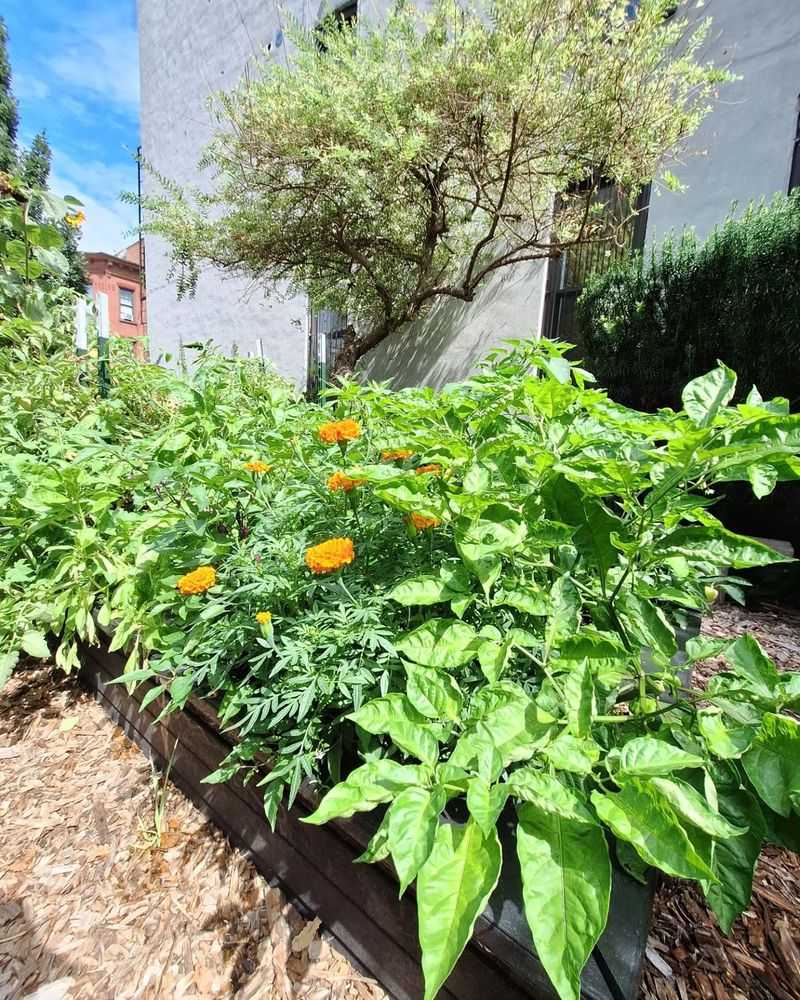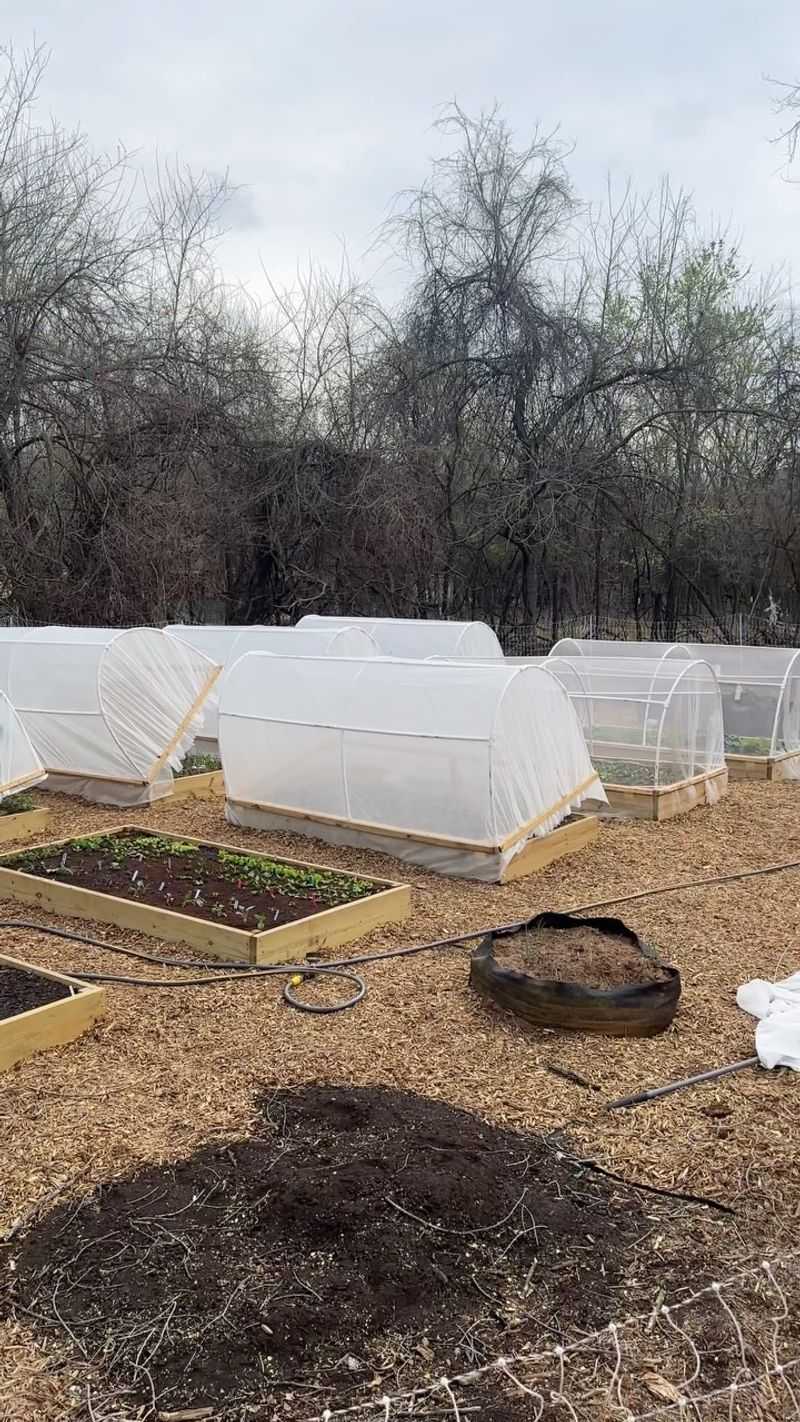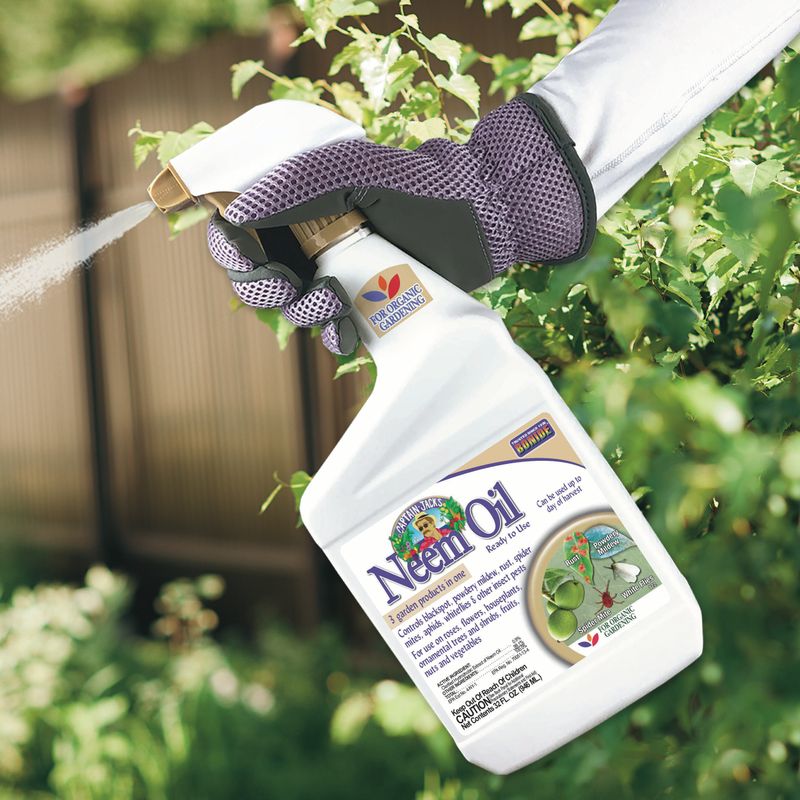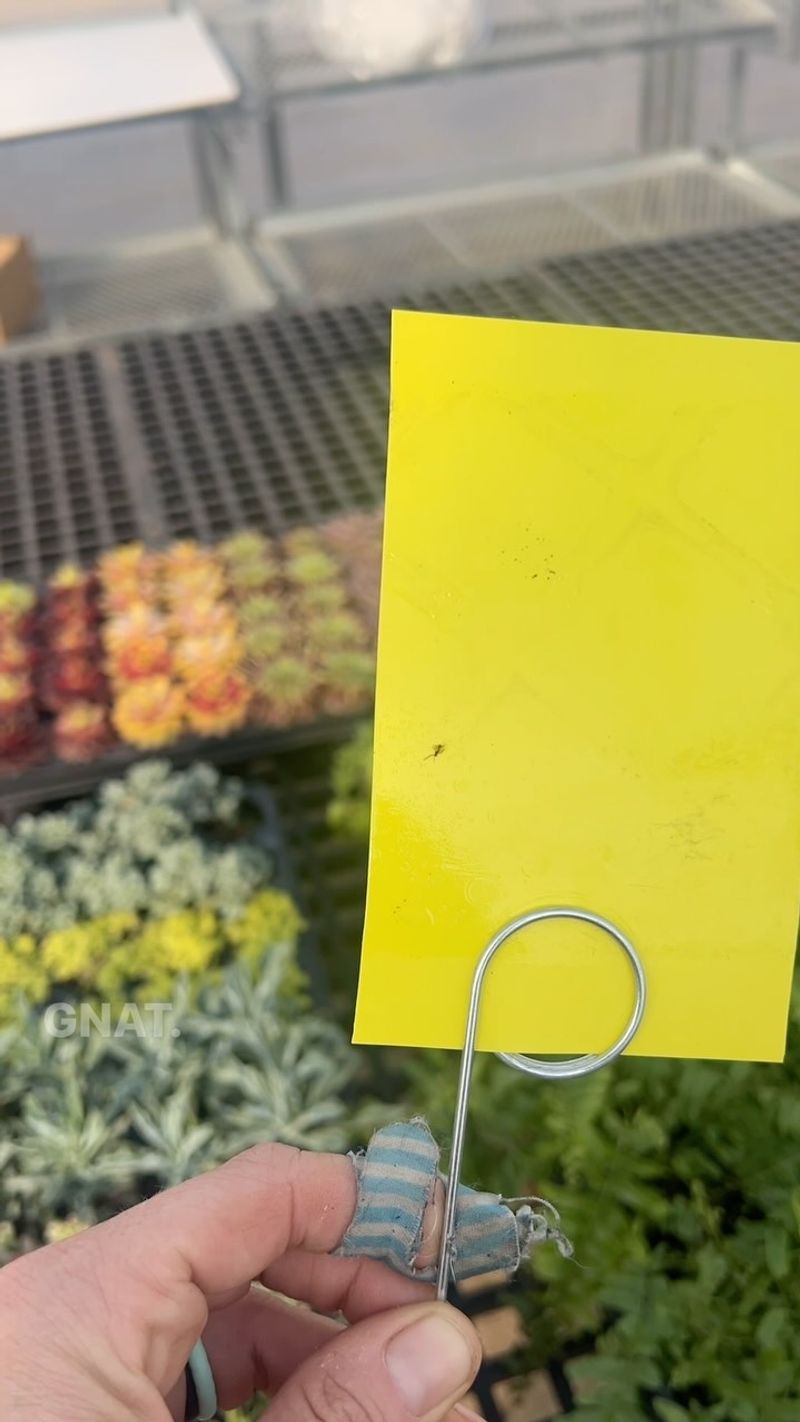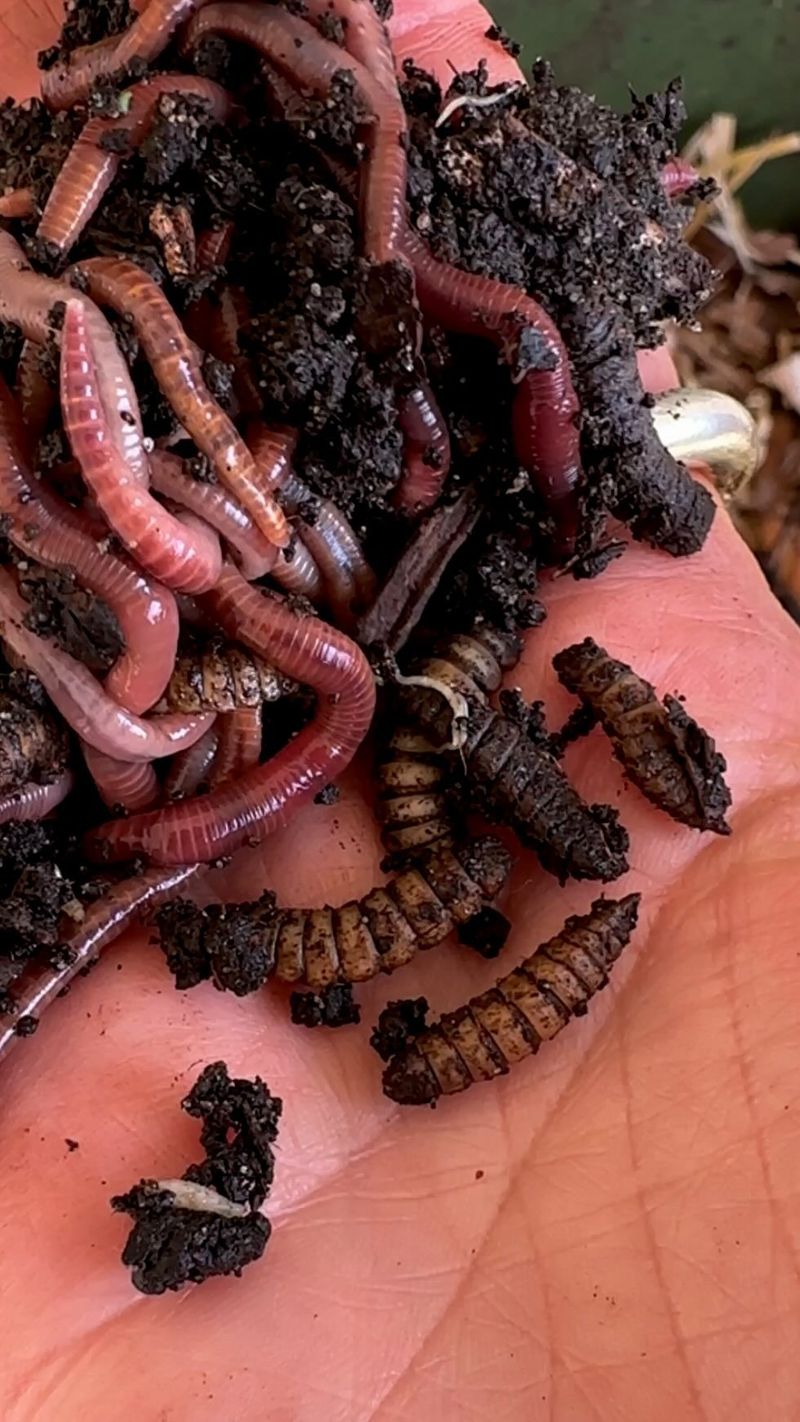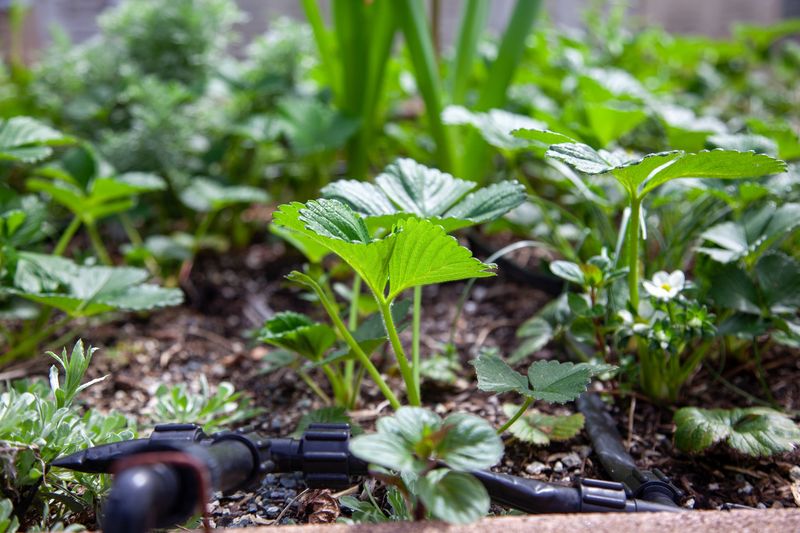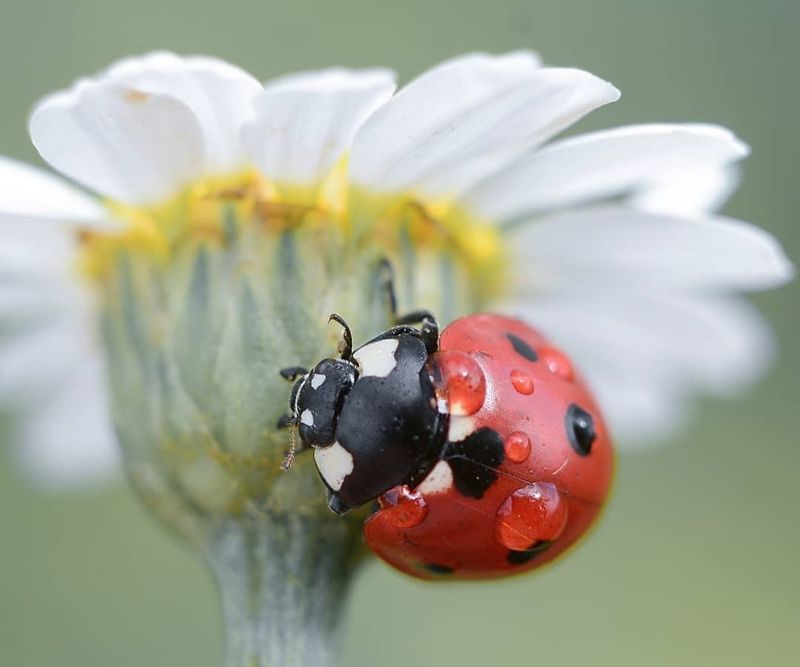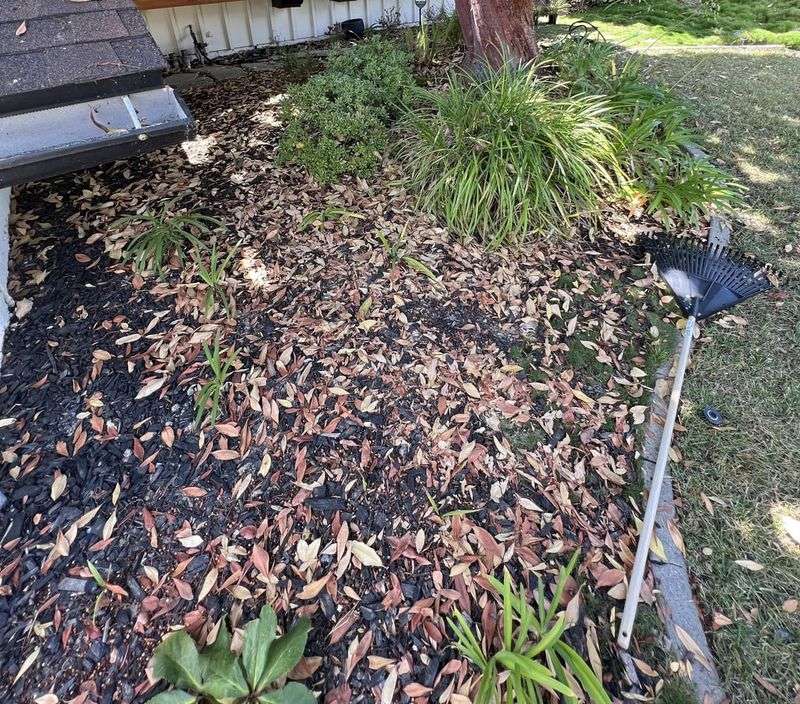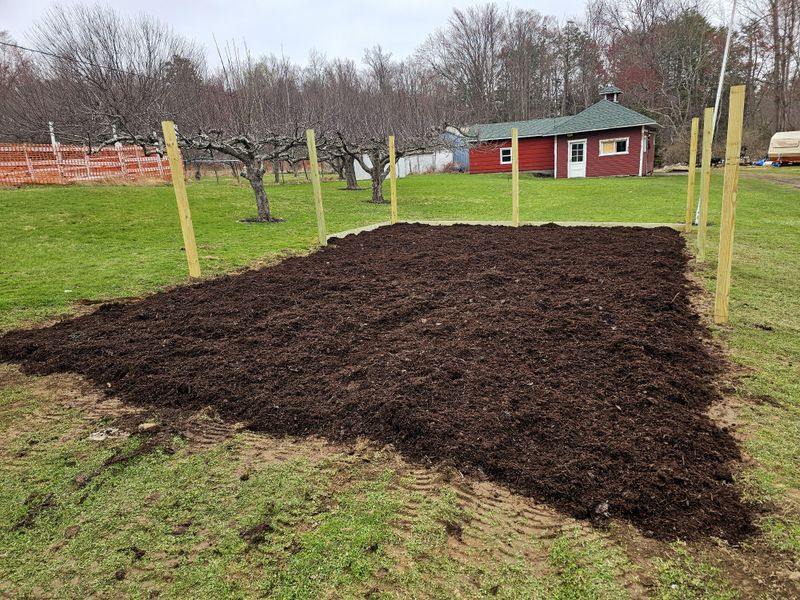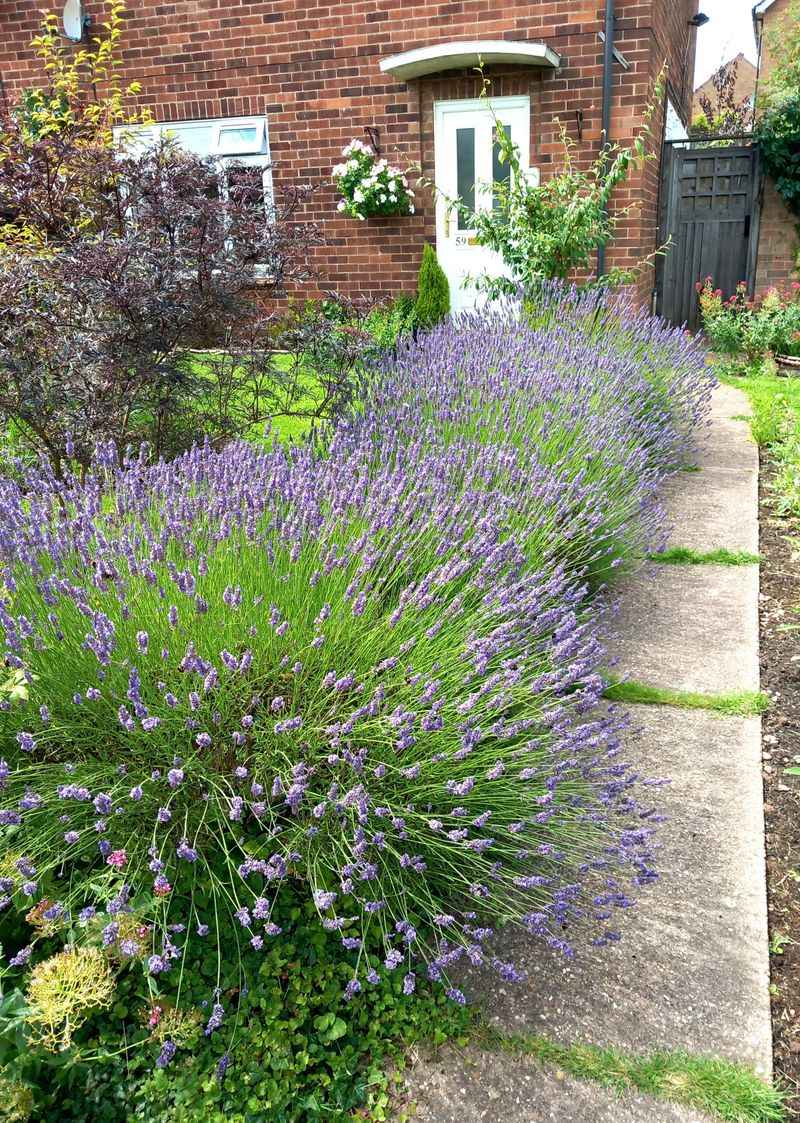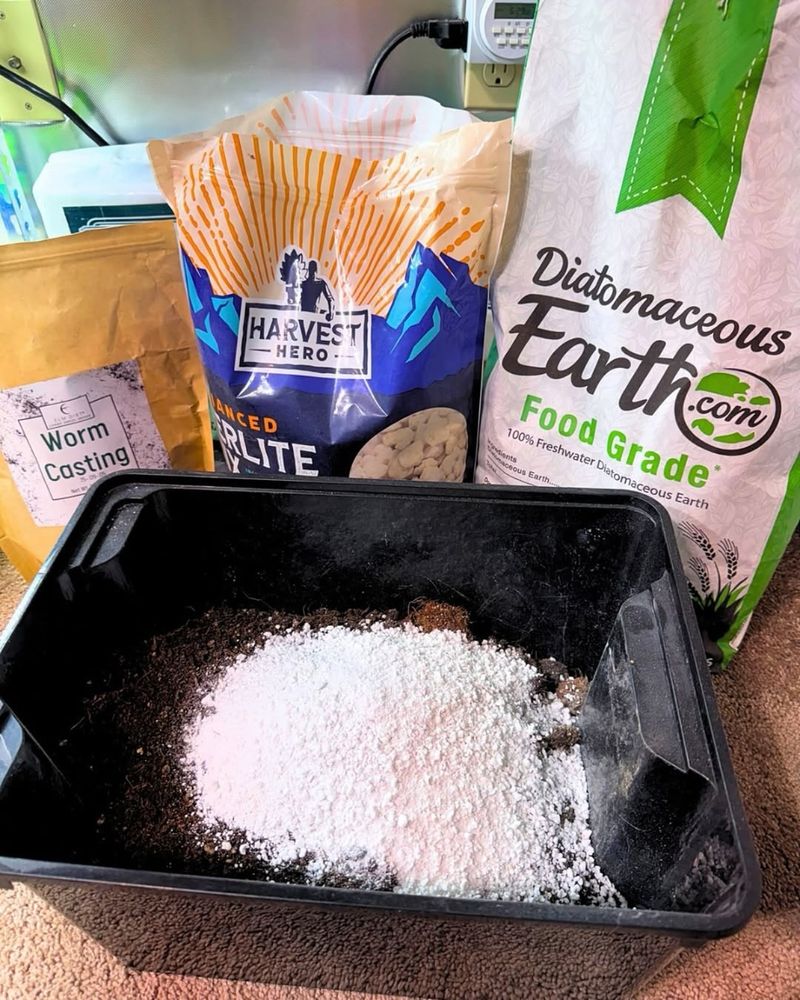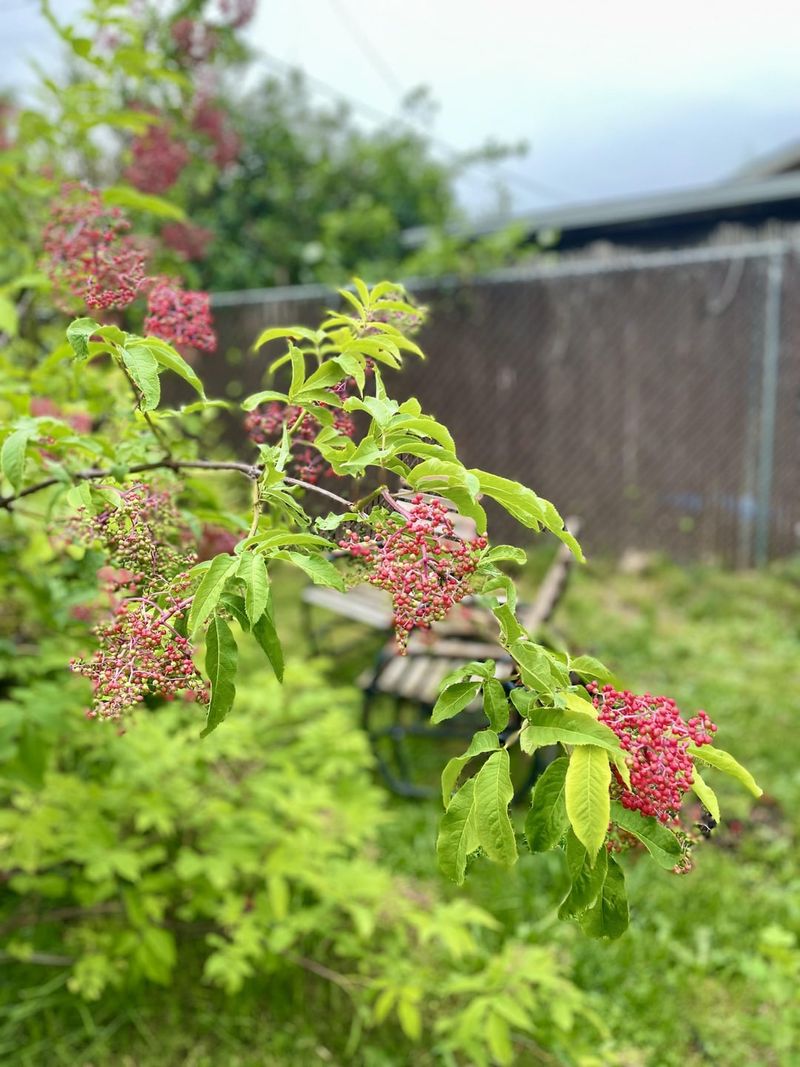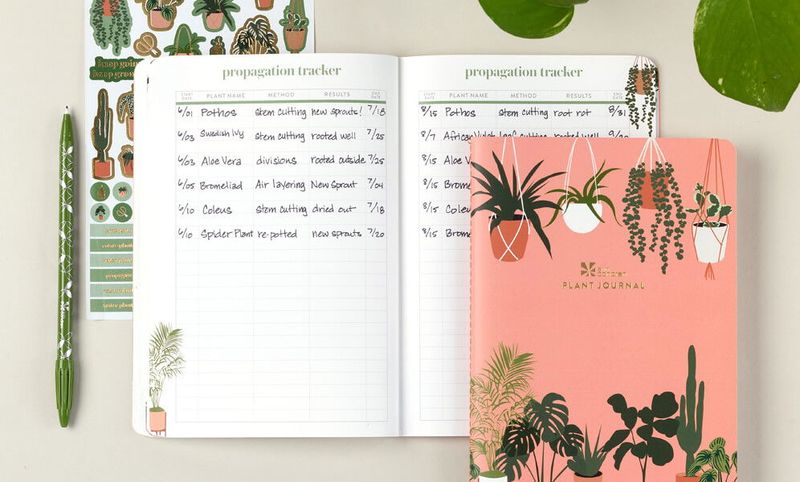Gardening in May is a delightful activity, but pesky pests can quickly turn it into a challenge. Keeping your garden healthy requires understanding the tricks to manage these unwanted visitors. Here are some creative and practical tips to help you maintain a pest-free garden while enjoying the vibrant beauty of spring.
1. Encourage Natural Predators
Ladybugs and birds can be your garden’s best friends. Bringing in these natural predators helps manage insect populations. For example, ladybugs love to munch on aphids, while birds enjoy feasting on caterpillars.
Planting diverse flowers and shrubs creates a habitat for these beneficial creatures. By providing a safe environment, you’re inviting them to take up residence. This organic approach is both environmentally friendly and cost-effective.
Remember, a balanced ecosystem in your garden often reduces the need for chemical interventions. Let nature lend a hand in keeping pests at bay!
2. Use Companion Planting
Companion planting is a clever strategy to repel pests naturally. Certain plants, when grown together, can help keep each other healthy. For example, marigolds are known to deter nematodes, while basil can ward off flies and mosquitoes.
This method not only controls pests but enhances growth. Mixing these plants in your garden creates a thriving environment. By doing so, you encourage biodiversity, which strengthens plant health.
It’s a perfect way to harness nature’s wisdom to protect your garden. Plus, the variety of colors and scents makes your garden more beautiful.
3. Install Physical Barriers
Physical barriers like netting and row covers offer effective protection against pests. They act as a shield, preventing insects from reaching your plants. This method is especially useful for keeping out birds and larger insects that can cause significant damage.
By covering your plants, you create a fortress that keeps unwanted visitors at bay. This way, you can enjoy watching your garden flourish without worrying about infestations.
It’s a simple and efficient way to provide your plants with the defense they need.
4. Practice Crop Rotation
Crop rotation is a classic farming technique that reduces pest build-up. By changing the location of your plants each year, you confuse pests and disrupt their life cycles. This practice also helps improve soil health by balancing nutrients.
A well-planned rotation ensures that pests don’t become a recurring problem. It’s a strategic way to keep your garden vibrant and thriving.
Not only does it help with pest control, but it also enhances the overall productivity of your garden. It’s like giving your plants a fresh start each season.
5. Apply Organic Pesticides
Organic pesticides offer a safer alternative to chemical ones. Made from natural ingredients, they effectively target pests without harming beneficial insects or the environment. Neem oil, for example, is a popular choice for controlling aphids and beetles.
Using organic options means you can enjoy your garden knowing it’s both safe and productive. These solutions are easy to apply and often readily available.
Embrace the benefits of organic gardening while keeping those pesky pests away. It’s a win-win for you and the planet.
6. Set Up Traps
Traps are a practical way to reduce pest numbers. Sticky traps, in particular, can catch flying insects like whiteflies and aphids. By strategically placing these traps around your garden, you can monitor and control pest populations effectively.
This method is both simple and low-cost, making it accessible for any gardener. Regularly checking the traps provides insight into pest activity, helping you take timely action.
It’s a smart way to maintain a healthy garden without extensive effort or expense.
7. Maintain Healthy Soil
Healthy soil is the foundation of a vibrant garden. By enriching your soil with compost and organic matter, you create a robust environment that supports plant health. This, in turn, makes plants more resilient to pests.
Earthworms and microorganisms thrive in healthy soil, aiding in decomposition and nutrient cycling. With rich soil, your plants grow stronger and are less susceptible to infestations.
8. Water Wisely
Proper watering practices can deter pests. Over-watering creates a damp environment that attracts slugs and snails. Using methods like drip irrigation delivers water directly to the roots, minimizing excess moisture on leaves.
This approach not only conserves water but also reduces the risk of fungal infections. By keeping foliage dry, you make your garden less inviting to pests.
It’s a smart way to promote plant health and maintain a thriving garden. Adjusting your watering routine might just be the key to success.
9. Introduce Beneficial Insects
Beneficial insects are nature’s pest control experts. Ladybugs, lacewings, and predatory beetles hunt down harmful pests like aphids and caterpillars. By attracting these insects, you create a balanced ecosystem where your garden can thrive.
Planting flowers that provide nectar helps draw these helpful insects in. The result is a natural pest control system that requires minimal intervention.
Welcoming these tiny allies into your garden is an effective way to keep pests in check while enjoying the beauty of nature.
10. Remove Debris Regularly
Keeping your garden clean is crucial for pest prevention. Fallen leaves and plant debris can harbor pests and diseases. Regular cleanup removes these hiding spots, reducing the chances of infestations.
By maintaining tidiness, you promote a healthy environment for your plants. This straightforward practice is a key part of garden care that often goes overlooked.
It helps in creating a space where your plants can flourish without unwanted company. A tidy garden is a happy garden!
11. Use Mulch Wisely
Mulching offers multiple benefits, including pest control. It creates a barrier that deters weeds and pests while retaining moisture. However, it’s essential to use mulch wisely to prevent pests like slugs from hiding underneath.
Choosing the right type of mulch and keeping it away from plant stems can enhance its effectiveness. It’s a practical way to support plant health and keep your garden looking neat.
Proper mulching techniques ensure your garden thrives without becoming a haven for pests.
12. Plant Pest-Repelling Herbs
Herbs like lavender, mint, and rosemary are known for their pest-repelling properties. These aromatic plants can deter mosquitoes, flies, and other unwanted guests. By planting them around your garden, you create a fragrant shield that keeps pests away.
This method not only protects your plants but adds lovely scents to your garden. Herbs are easy to grow and require minimal maintenance. Incorporate them into your garden for a natural and pleasing way to ward off pests. A touch of aroma can make all the difference!
13. Apply Diatomaceous Earth
Diatomaceous earth is a natural powder that combats pests like slugs and beetles. When sprinkled around plants, it acts as a barrier, dehydrating and repelling pests. Made from fossilized algae, it’s safe for humans and pets.
This method is effective and easy to apply, making it a gardener’s favorite. Regular application ensures protection throughout the growing season.
It’s a straightforward way to keep your garden thriving while minimizing pest problems. Let this natural remedy add strength to your pest control plan.
14. Create a Wildlife Habitat
Encouraging wildlife in your garden can help control pests naturally. Birds, frogs, and beneficial insects thrive in a welcoming habitat. By providing food, water, and shelter, you invite these creatures to lend a hand.
Creating a wildlife-friendly space enhances your garden’s ecosystem. This approach not only controls pests but adds life and vibrancy.
It’s a harmonious way to maintain balance and enjoy nature’s beauty. Let your garden become a lively sanctuary where every creature plays a role.
15. Stay Informed and Observant
Awareness is key in managing garden pests. Regularly inspecting plants for signs of trouble helps you catch issues early. Keeping a garden journal allows you to track changes and identify patterns in pest behavior.
By staying informed, you can make timely decisions to protect your garden. This proactive approach minimizes damage and keeps your plants healthy.
It’s about being attentive and ready to act when needed. Your vigilance will pay off in a flourishing garden free from pesky intruders.
16. Use Essential Oils
Essential oils like peppermint and lavender offer natural pest control solutions. Their strong scents repel insects, providing a pleasant-smelling barrier. Adding a few drops to water and spraying it around your garden can keep pests at bay.
This method is chemical-free and gentle on the environment. It’s an aromatic way to enhance your garden’s defenses while enjoying lovely fragrances.
Incorporate essential oils into your routine for a fresh and effective pest management strategy. It’s a delightful way to protect your plants naturally.

